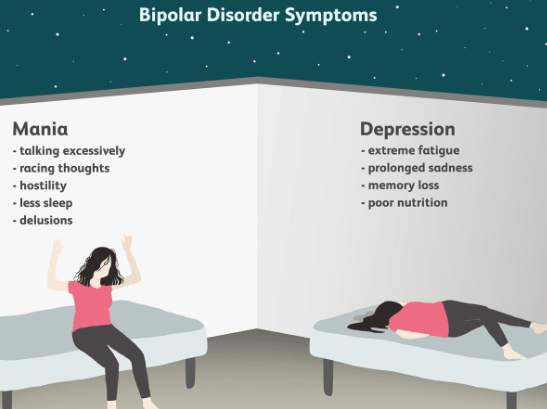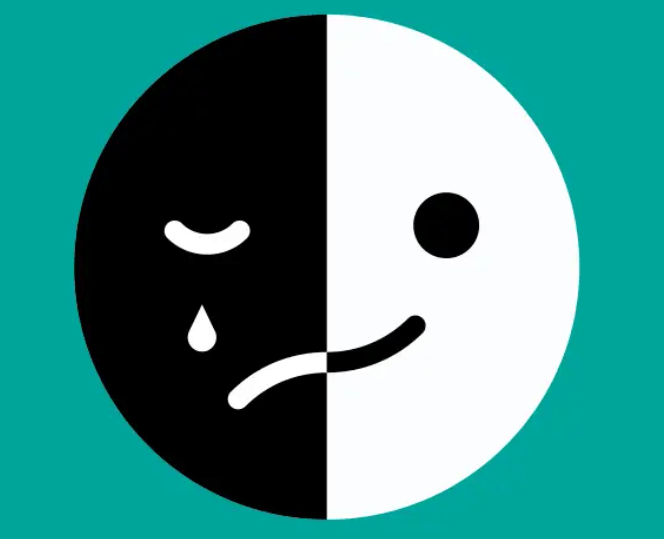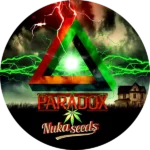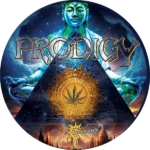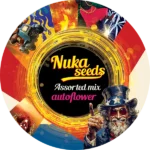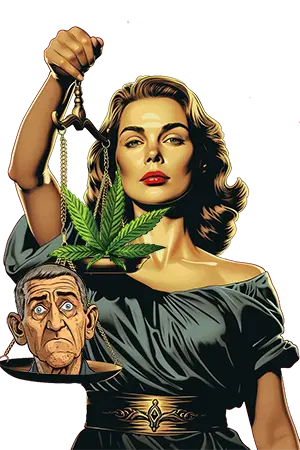English
What is bipolar disorder
Bipolar disorder, formerly called manic depression, is a mental illness that causes extreme mood swings with emotional highs (mania or hypomania) and lows (depression).
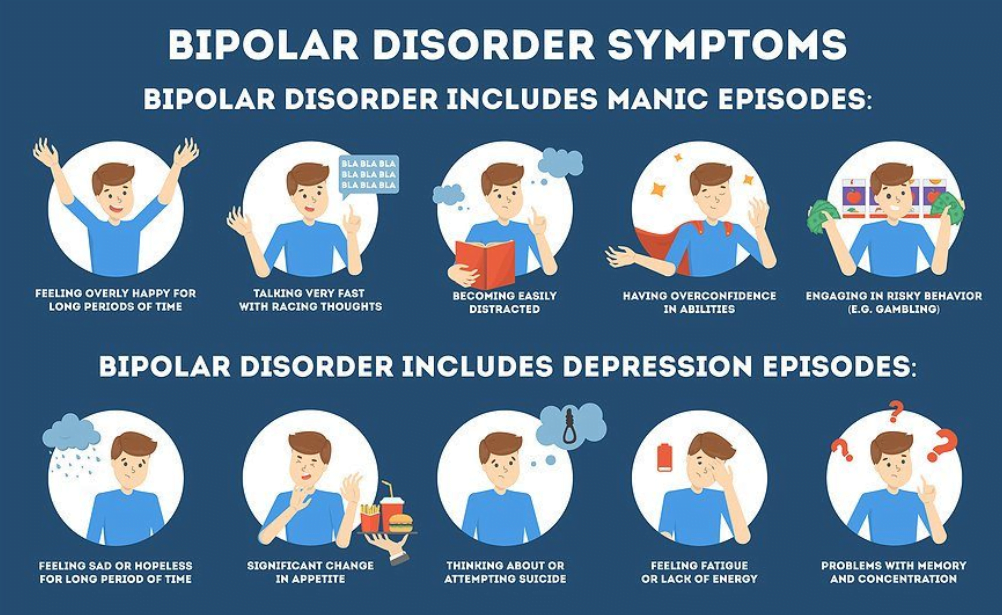
When you become depressed, you may feel sad or hopeless and lose interest or pleasure in most activities. If your mood changes to mania or hypomania (less extreme than mania), you may feel euphoric, full of energy or unusually irritable. These mood swings can affect sleep, energy, activity, judgement, behaviour and the ability to think clearly. Episodes of mood swings may occur infrequently or several times a year. Most people experience some emotional symptoms between episodes, but some experience none at all. Although bipolar disorder is a lifelong condition, you can manage your mood swings and other symptoms by following a treatment plan. In most cases, bipolar disorder is treated with medication and psychological counselling (psychotherapy).
New knowledge about bipolar disorder
According to new research, bipolar symptoms such as mania and depression can be exacerbated by cannabis use. The study, conducted at Lancaster University (UK), analysed clinically structured diary entries from 24 bipolar patients who used cannabis at least three times a week.
Bipolar disorder (BD) and cannabis are often associated with each other. Given their findings, researchers wonder to what extent these perceived benefits are exaggerated.
Over the course of six days, subjects filled out diary entries describing their mood and making notes about their recent cannabis use. This approach, known as the ESM (Experience Sampling Method), reduces the recall bias common to retrospective reports and typically captures more detailed data. The final results were adjusted to take into account other factors such as age, gender and use of other drugs.
This is what they found out:
- Cannabis use was associated with positive feelings, but also with increased manic and depressive symptoms.
- Marijuana use was not associated with self-medicating behaviour, i.e. the subjects were more likely to use cannabis when they felt good than after a manic or depressive episode.
While these findings are consistent with previous research on cannabis use and bipolar disorder, this study also has limitations and unanswered questions:
- The small sample size of 24 UK participants overgeneralises the diversity of BD patients and their backgrounds.
- The subjects were “healthy and not in an episode”, i.e. the patients were not currently experiencing the acute manifestation of bipolar disorder. How would the results change with different intensities of BD?
- Subjects could only indicate the type of cannabis they used in three exclusive categories: skunk, resin and marijuana. Would you get the same results with different chemical profiles, methods of administration and doses?
- The results were based solely on data obtained from diary entries, which were interpreted by the study authors. To what extent are the authors guided by their biases in interpreting these records?
- No control group was used in this study. Are these results only found in BD patients, or would you see similar results in non-bipolar cannabis users?
The relationship between cannabis and bipolar disorder is currently controversial. Other studies have identified potential therapeutic uses of cannabinoids in bipolar disorder, and there is a wealth of unofficial evidence to support this claim. But the causes, mechanisms and differential nature of bipolar disorder are poorly understood, and not everyone responds to cannabis in the same way. It is possible that in a larger study one would see more complexity in the relationship between cannabis and bipolar disorder. Perhaps marijuana’s ability to help depends on a variety of variables that are left out of account here. We don’t know, and we can’t know until more thorough research adds to this tiny fragment of the much, much bigger picture.
Published by Sakul
07/02/2023choose and buy cannabis seeds from our offer
our pleasure

